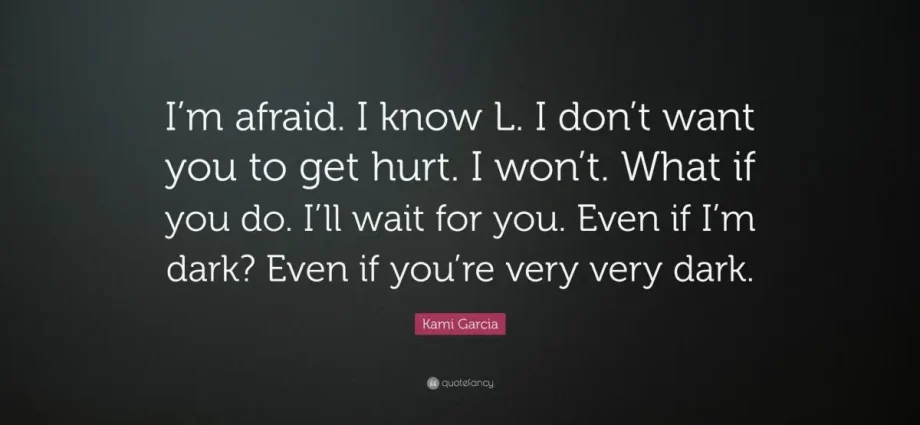Contents
Procrastination can be helpful if we are tired and need to recharge. But while we have not yet begun to work, it becomes the worst enemy. Are there ways to outsmart her?
Everyone has moments of procrastination. We are distracted to reset the brain, and that’s okay. But for some, this state turns into a habit and even addiction. All day long, such people avoid work, and then stay up late, frantically trying to finish what they could have done before lunch.
This is especially unfortunate given that recent research shows how much procrastination threatens our health and productivity. However, it is possible to work with it if we clearly understand why we are trying to avoid work.
“I don’t know where to start”
Too complex (seemingly) and urgent work can cause a purely physiological reaction of panic in us. We know that there is not a minute to lose: to complete the work on time, we may need all the time we have. But we cannot separate ourselves from our fear and sit in a daze, like an iguana sensing danger.
The key is to not let your fear of the whole get in the way of your attention to detail. If the goal looks complicated, break it down into a series of simpler and, most importantly, feasible tasks. What can be done in 60 minutes to get ahead? What about the next 60 minutes?
By advancing in this way, you will see the whole path and at the same time understand that it can be overcome.
“Too many distractions”
For most of us, working on a big project is a challenge. As if the war had begun and we were called from the reserve to the front line. We can’t “breathe” before throwing ourselves into work. We answer emails, make calls, check the news. You can complain as much as you like about the mountain of minor things, but it is important to finally admit that this is just an attempt to get away from the main thing.
Being busy all the time doesn’t mean being productive. Try to focus only on the results. What did you do in a day? If there are few results, think about what will happen if you continue to act (or rather, inactive) in the same rhythm.
“It’s elementary!”
A task that seems too easy can be fraught with unexpected danger. By postponing it, you underestimate how long it can take. Perhaps you will have other things to do and at the last moment you will realize that you don’t even have the necessary minimum time left.
Try to imagine a task that is too easy as part of something bigger. What if, without solving this problem, everything goes awry? For example, you need to write a manual for employees. If you do not do this in advance, the entire workflow may stall, and you will have to constantly deal with complaints and claims.
Keep the “big picture” in mind and the meaning of the small fragments will not escape you.
“I do not like it”
Procrastination doesn’t always occur when a task seems too easy or too difficult for us. Sometimes we don’t want to take it at all. Our distant ancestors did not have to think about whether to keep the fire in the hearth or freeze and play catch-up with hungry wolves. But in our life we often come across activities that seem meaningless.
Unfortunately, there are no universal self-hypnosis techniques here that would turn any dull and routine activity into an exciting process. Some tasks may be uninteresting – and there is nothing terrible about that. But in the future, they can bring benefits, in contrast to worries and inaction.
If you are not attracted to the content of the work, try to find pleasure in the technique of its implementation. Can it be made faster? More economical? Is it possible to change the order of actions and still get the result?
By introducing elements of the game into the work, you arouse excitement in yourself. And doing something with passion is always more pleasant.
“I doubt I can do it”
You have been striving for this for a long time, and now you are finally the head of a large project, your own startup or a new direction in the company. This is the chance to express yourself that you have been waiting for. But you cannot take the first step: it seems that everything depends on a competent beginning – your reputation, luck, the end result. What if you make a mistake and let others down? What could be worse?
Procrastination is what it is. It is hard to imagine a worse development option than your inaction. When you first start working, mistakes and shortcomings are quite natural. Beginners are forgiven for awkwardness and inexperience. Gradually, your confidence will grow, and the trembling in your hands will subside. But if you’re afraid to take the first step, you’ll never gain confidence and get stuck in a “safe” space.
What to do with fear? First of all, make a mistake
This advice may seem strange, but a small oversight liberates. Spill water or coffee (but so as not to damage equipment or important papers), call a colleague by a false name. The one who makes a mistake shows himself to be a living person. The tension goes away: nothing terrible has happened, but now you can not worry about your own impeccability and just work.
If something goes wrong – consult with others, think about the reasons for failure. Appreciate your conclusions: they will eventually become part of your experience. Remember: the feeling that things are moving always gives strength, while painful marking time undermines them.










